Defence Coaching Institute
Defence Coaching Institute: We offer excellent preparatory training for the entrance examinations to get into the Indian armed forces.
Since our inception 7 years ago, under the captaincy of one of India’s leading youngest entrepreneurs – Mr Gulab Singh. Hundreds of our candidates have been selected and many of whom have attained top ranks in final UPSC merit. #Defence Coaching Institute in Lucknow
- The institute has highly qualified and reputed team instructors each fully devoted to providing unparalleled education for NDA/CDS/SSB/AFCAT/CAPF.
- The task of teaching transcends the classrooms so as to guide the students to realize their highest potential, and to encourage them to optimise the results.
- Involvement and excellence in extracurricular activities like SSB guidance, personality development, debates, team games, lecture, etc feature in the training.
- Our aim at the academy is to make the students imbibe discipline and groom moral and ethical values. Come, be a part of this success story and fulfil your desire for joining the reputed Indian Armed forces and serving the nation. #Defence Coaching Institute in Lucknow
Best NDA Academy in Lucknow | Join WDA Lucknow – Warriors Defence Academy deeply appreciative and offer you our most grateful welcome. We are happy to announce that Ex. GTO Officer Colonel R. K. Tiwari Sir going to Join our Academy to Guide NDA and CDS aspirants For SSB. WDA is the Best NDA and SSB Coaching in Lucknow India. #Defence Coaching Institute in Lucknow
Warriors Defence Academy is the Best NDA Coaching in Lucknow. We are the Leading Coaching Institute for NDA/CDS/AFCAT/Army/Air Force/Navy Located in Lucknow. Warriors Defence Academy has the Largest GTO Ground in India. The Aspirants of Defence Services are guided by Ex. Defence Officers. WDA was also Awarded as Best NDA Academy in Lucknow.
Address: 545-GA/1-CHHA, Chandganj Garden Road, beside Madhuwan Guest house, near Railway crossing, Kapoorthla, Bara Chandganj, Chandralok, Lucknow, Uttar Pradesh 226006
Call Now: 07081011964
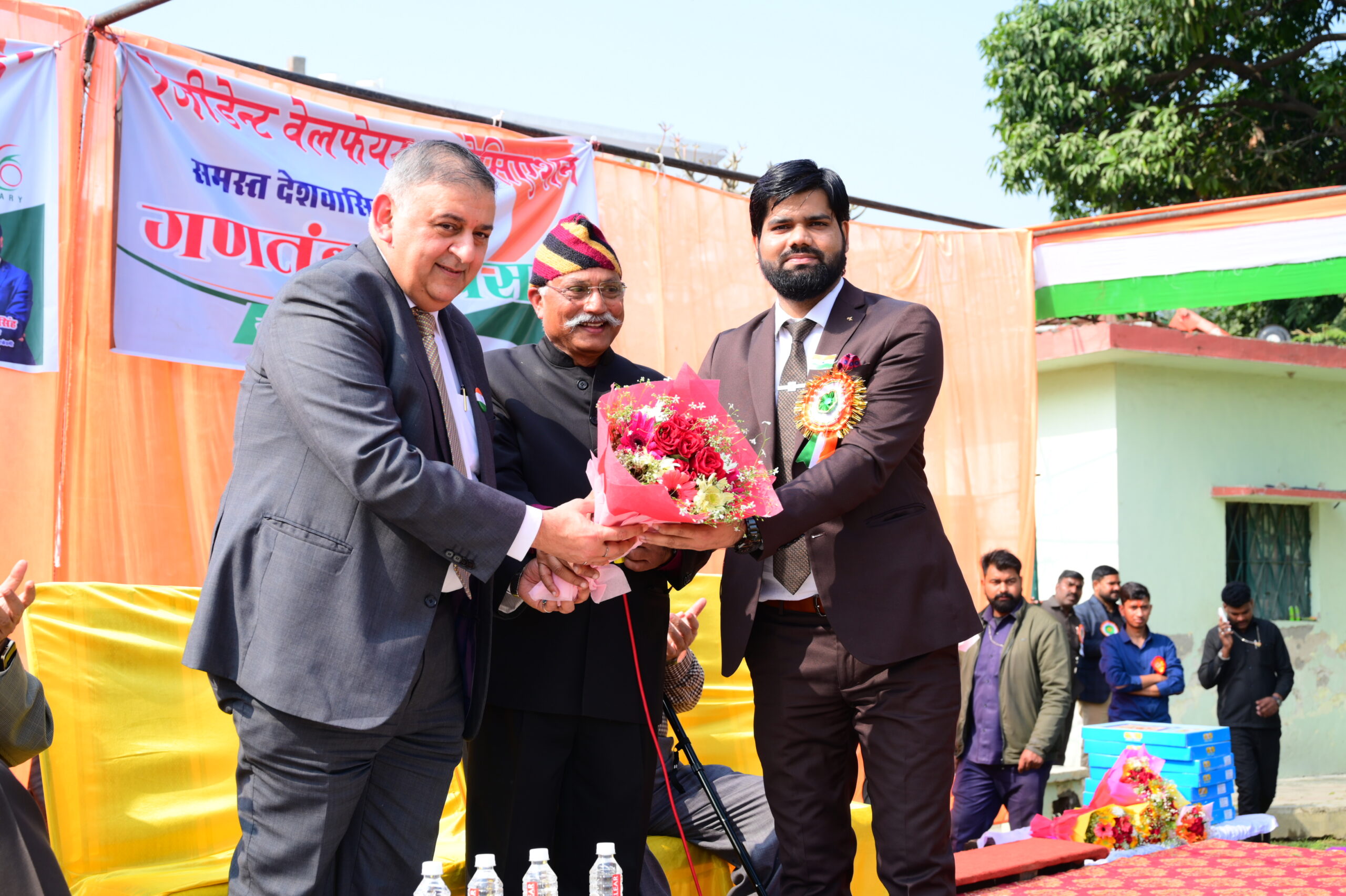
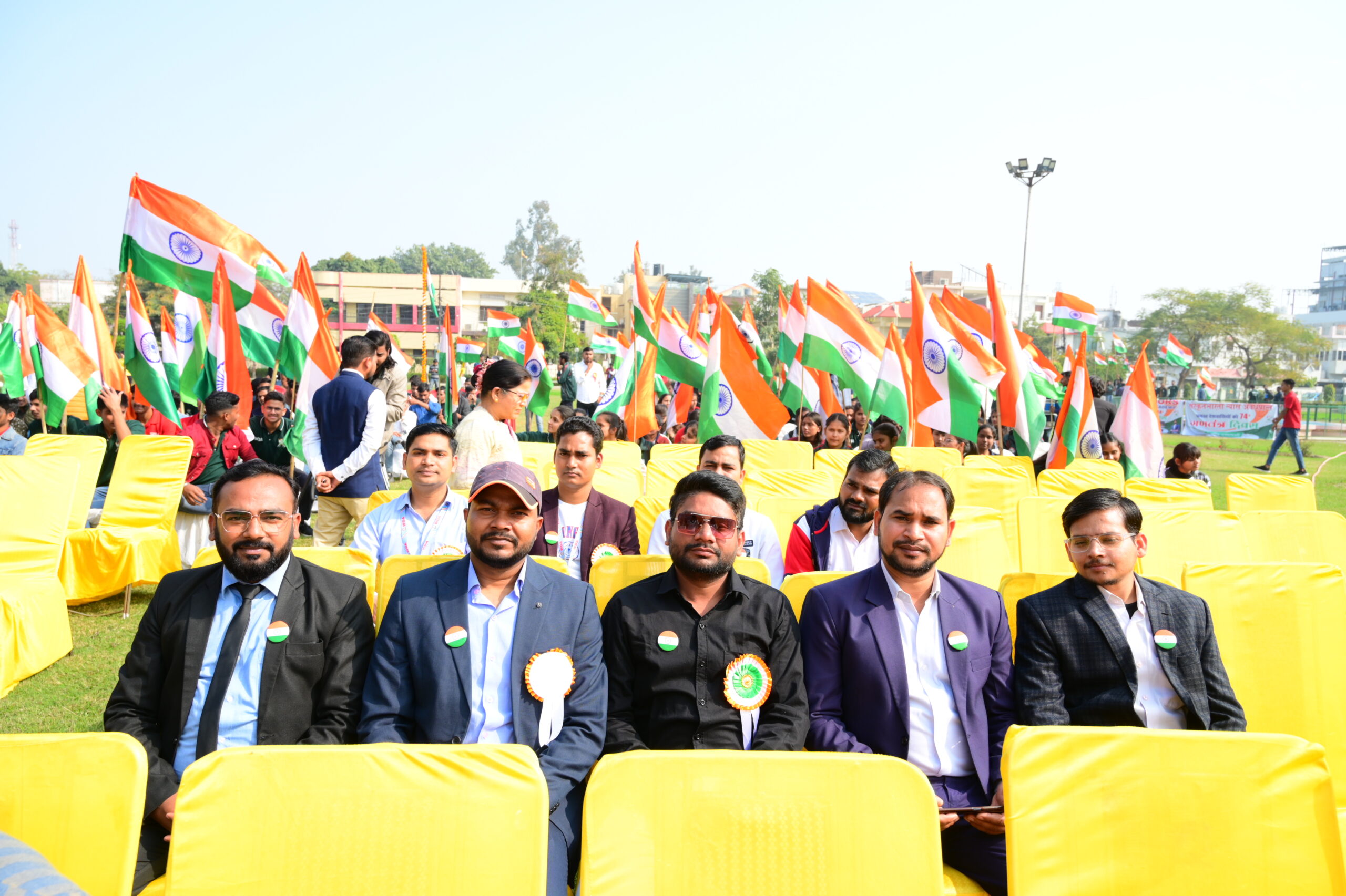
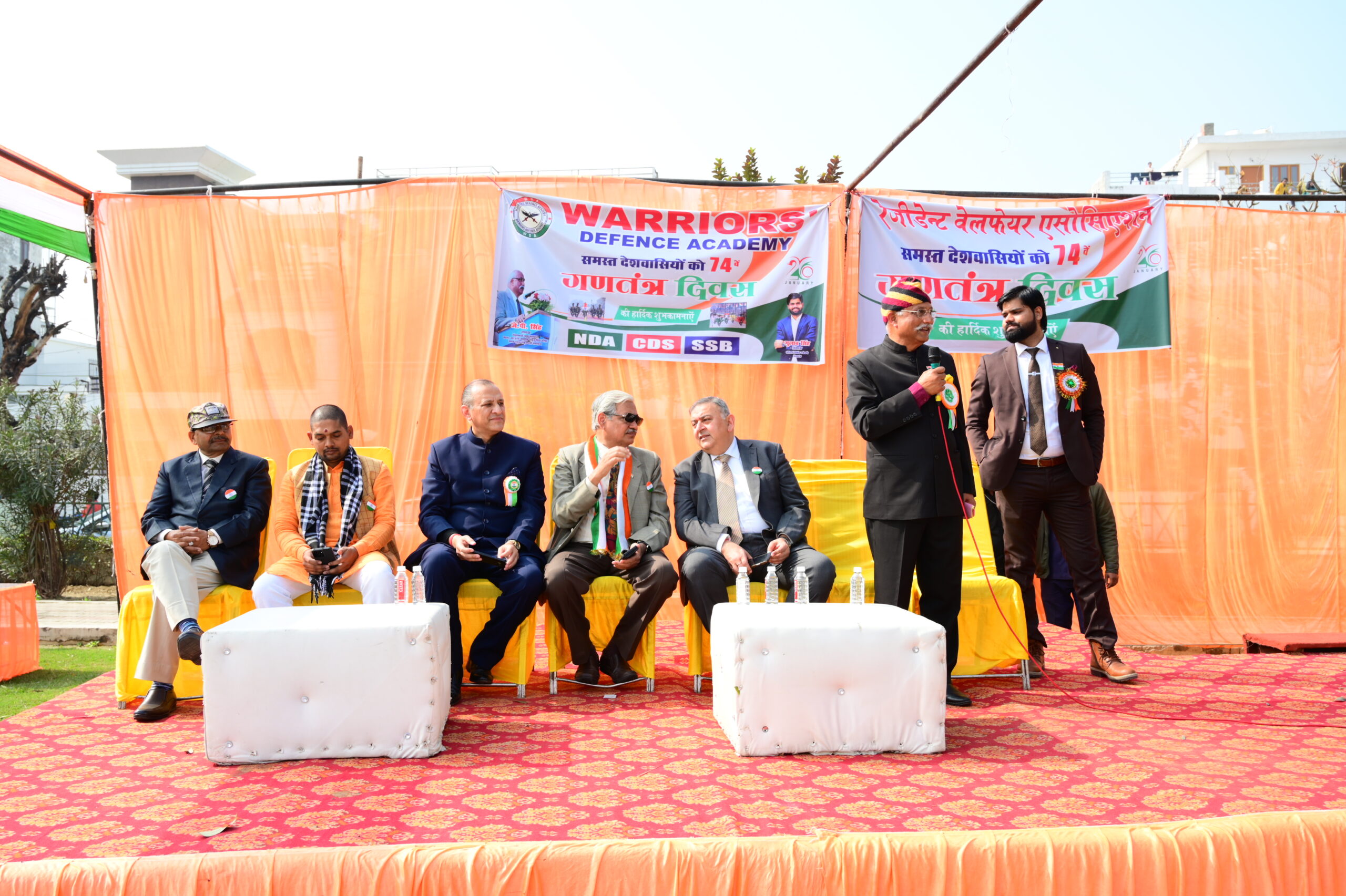
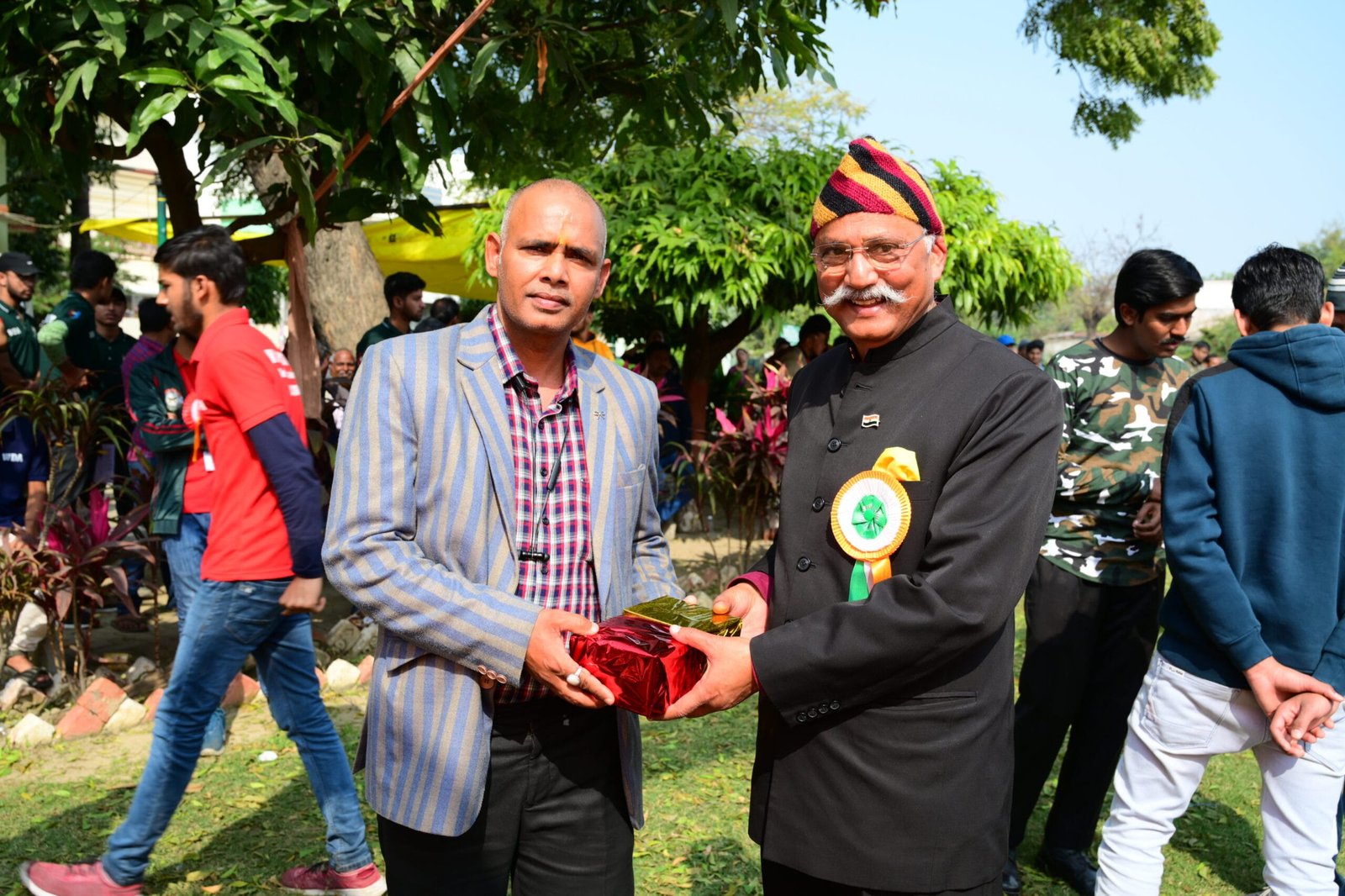
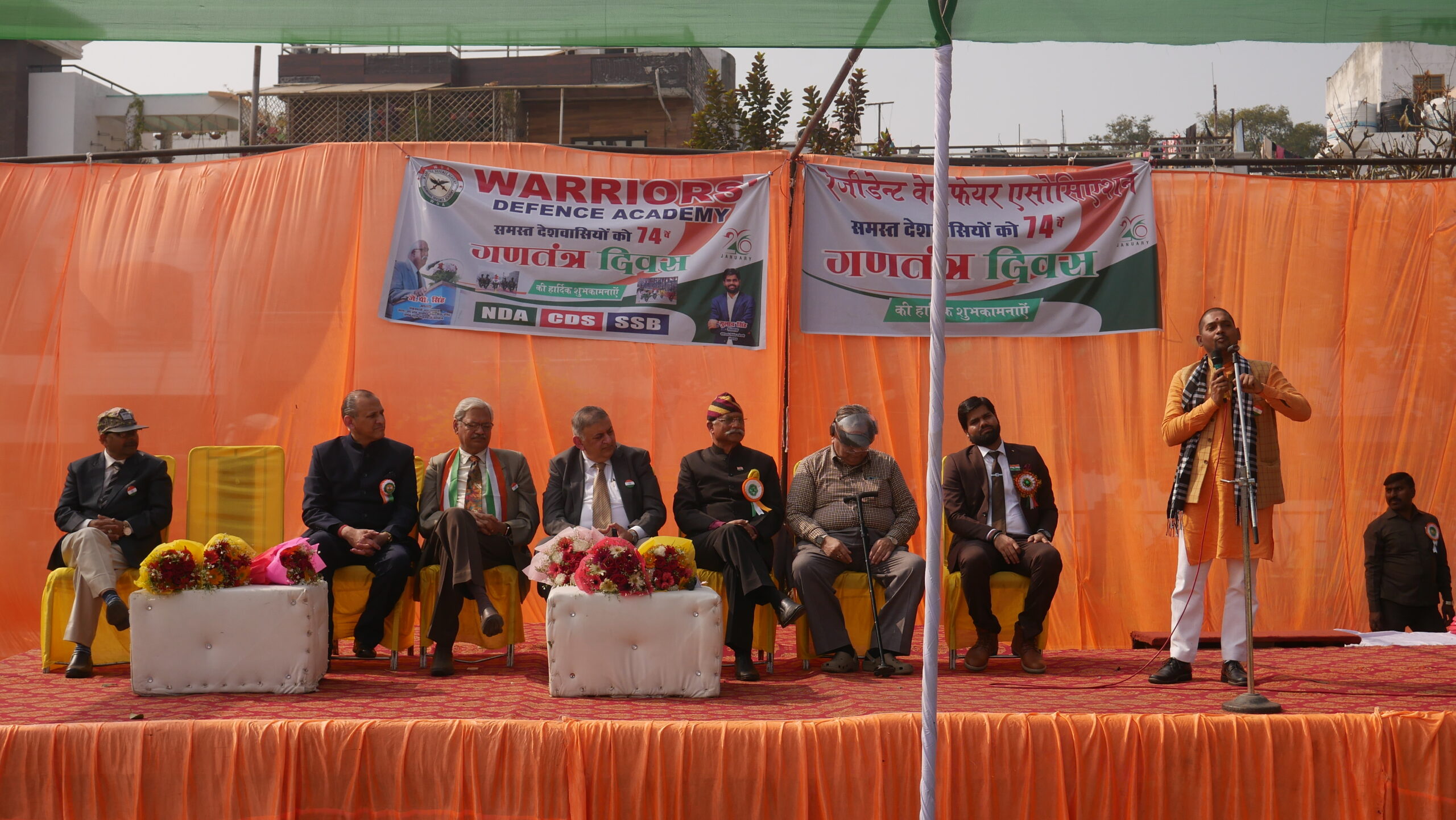
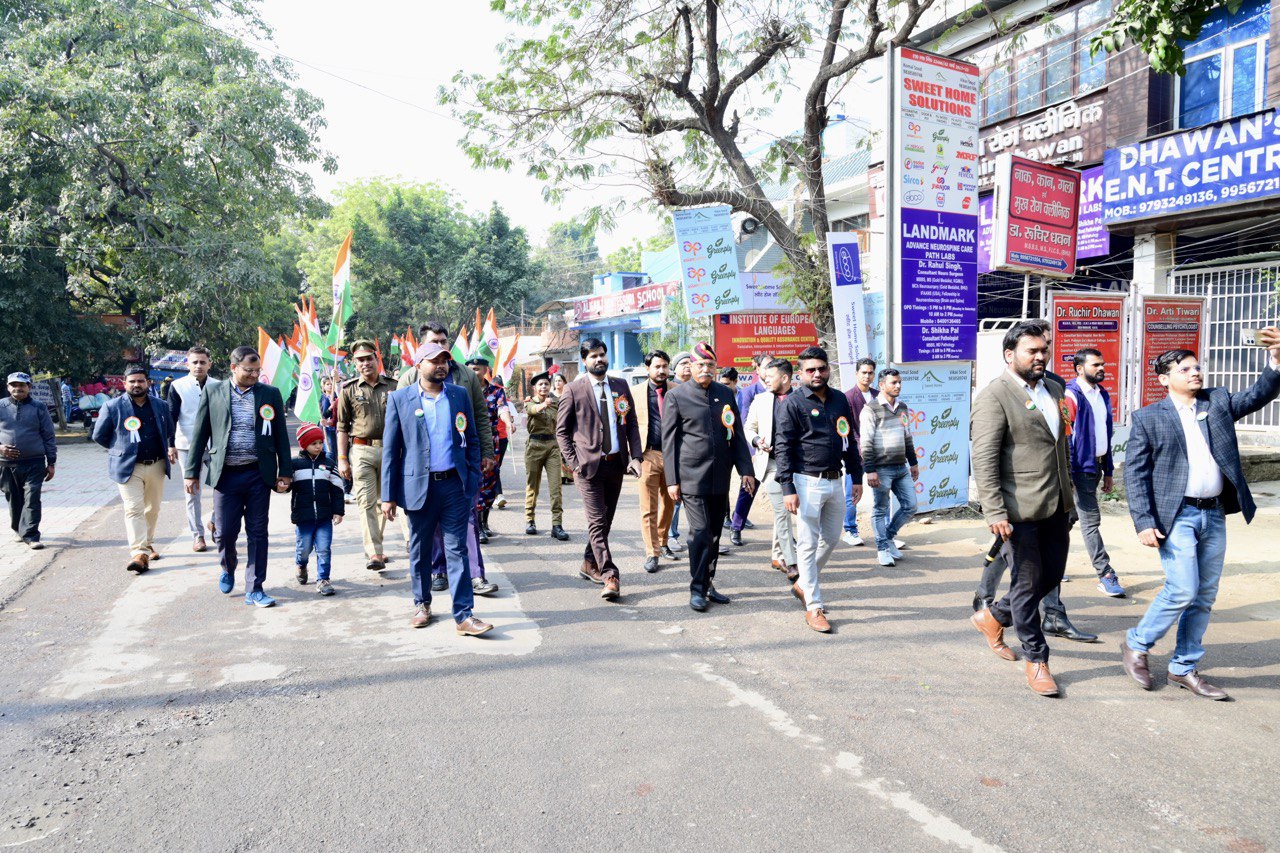
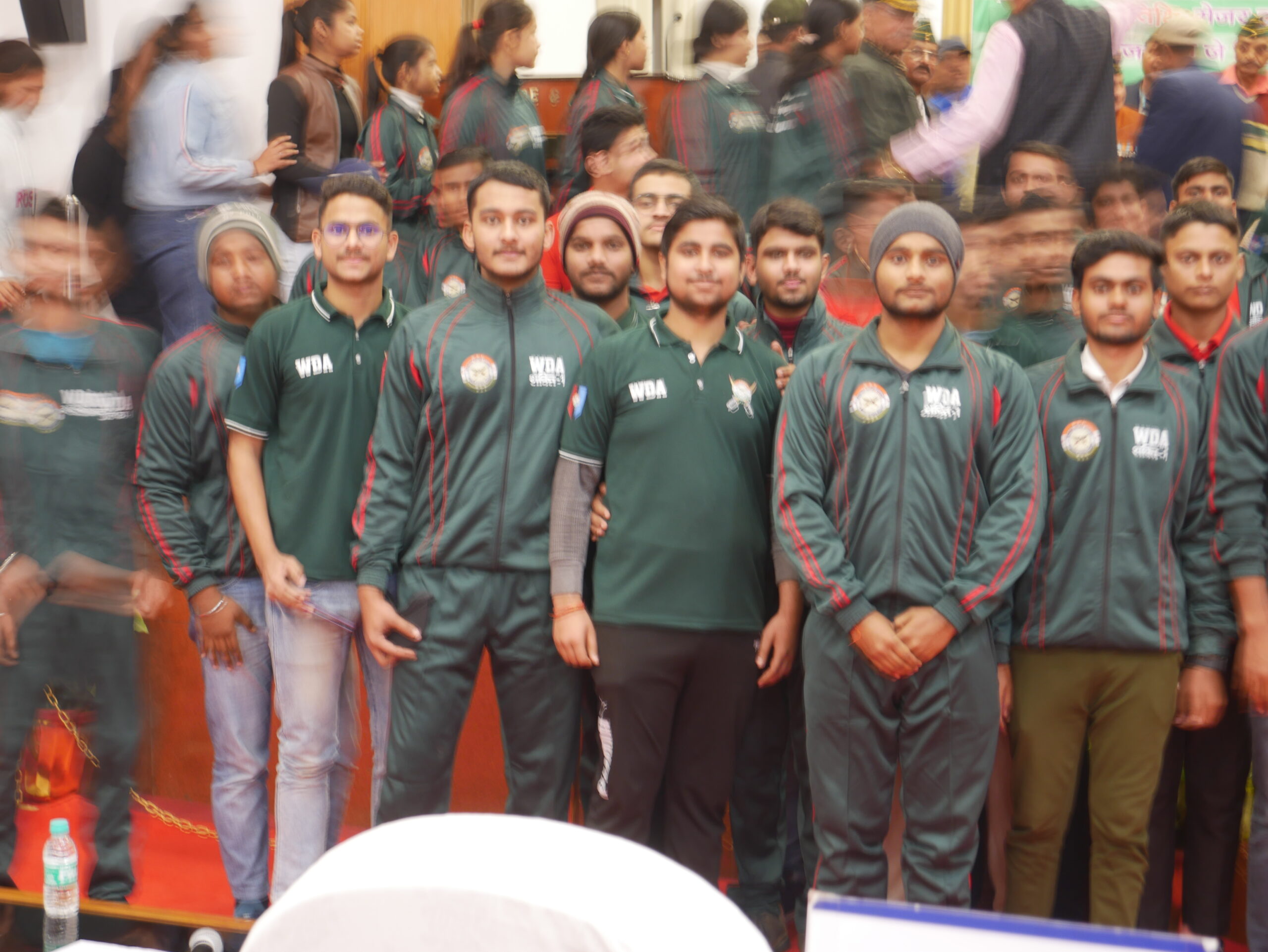
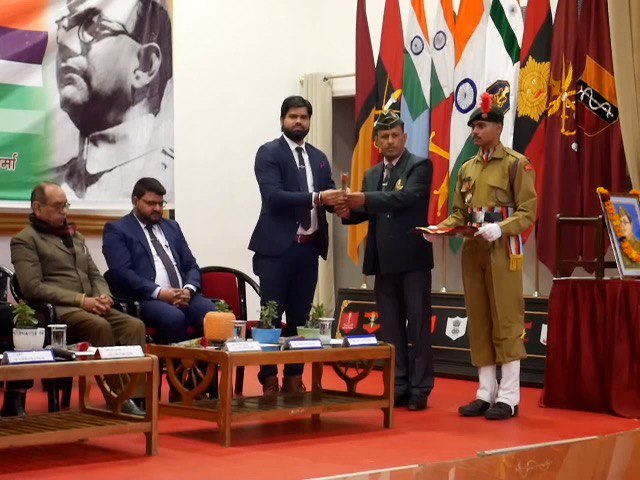
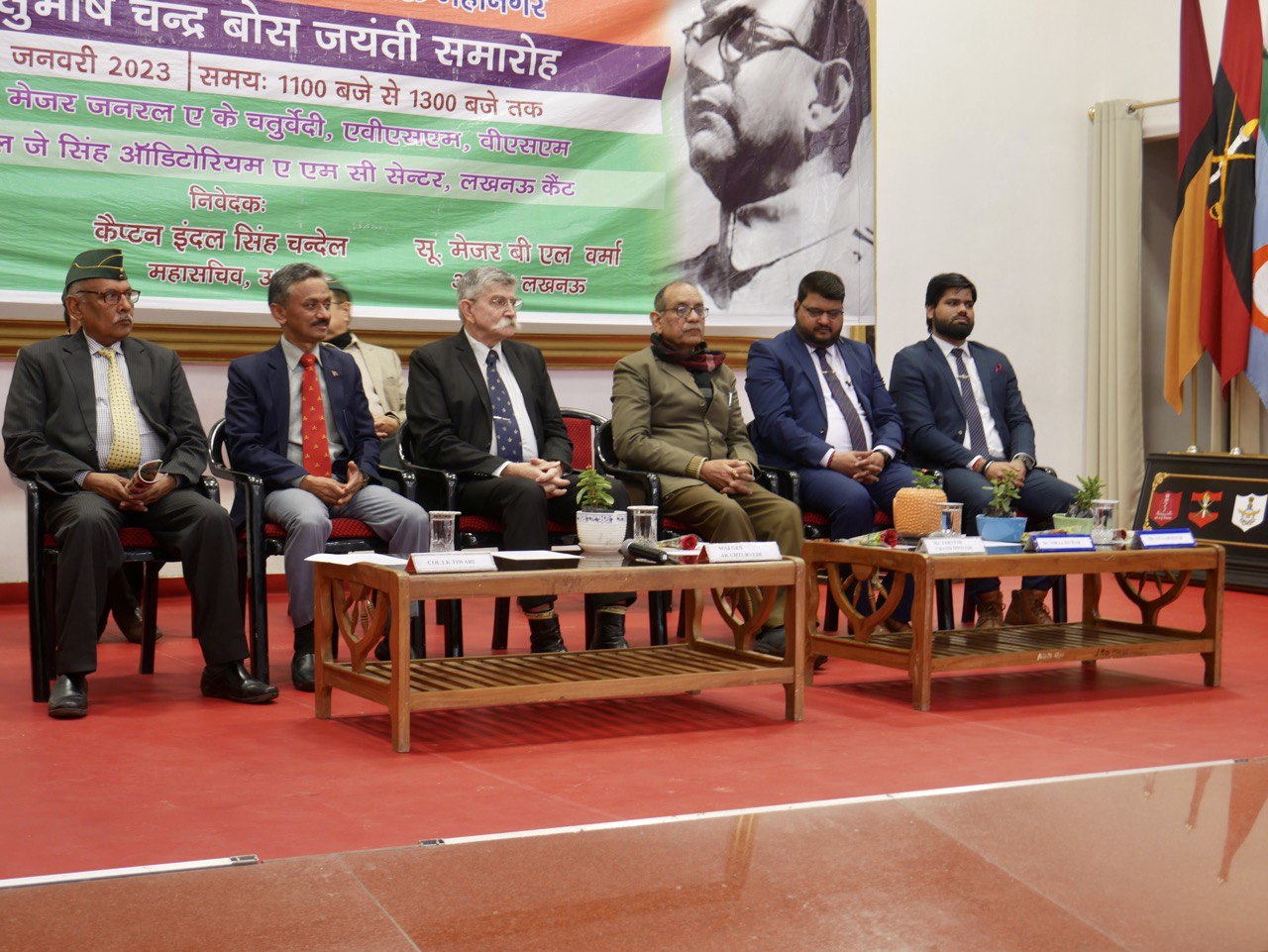
Indu’s treaty notice to Pak
India has sought modification of the 62-year-old treaty governing the sharing of waters of the Indus system. Indian objects to two simultaneous dispute resolution mechanisms that have been set in motion.
By Prashant Sir WDA
NEW DELHI has issued a notice to Islamabad seeking modification of the more than six-decade-old Indus Waters Treaty that governs the sharing of waters of six rivers in the Indus system between the two countries. India said the notice follows Pakistan’s continued “intransigence” in implementing the treaty, by raising repeated objections to the construction of hydel projects on the Indian side.
- The notice sent on January 25 through the Commissioner for Indus Waters, gives Pakistan 90 days to consider entering into intergovernmental negotiations to rectify the material breach of the treaty.
- The notice has invoked Article XII (3) of the treaty which says: “The provisions of this Treaty may from time to time be modified by a duly ratified treaty concluded for that purpose between the two Governments.”
- Sources said India was initiating the process to make changes to the 1960 treaty.
India’s hydroelectric projects
- The notice appears to be a fallout of the longstanding dispute over two hydroelectric power projects that India is building – one on the Kishanganga river, a tributary of the Jhelum, and the other on the Chenab. Pakistan has objected to these projects, and dispute resolution mechanisms under the treaty have been invoked multiple times – but a resolution has not been reached.
- In August 2016, Pakistan approached the World Bank, which had brokered the 1960 treaty, seeking the constitution of a Court of Arbitration under the relevant dispute redressal provisions. India moved a separate application asking for the appointment of a neutral expert, which is a lower level of dispute resolution provided in the treaty. India argued that Pakistan’s request for a Court of Arbitration violated the graded mechanism of dispute resolution in the treaty.
- In between, the Pakistan-backed terrorist attack in Uri in September 2016 prompted calls within India to walk out of the Indus Waters Treaty, which allows a significantly bigger share of the six river glasses of water to Pakistan. The Prime Minister famously said that blood and water could not flow together, and India suspended routine bi-annual talks between the Indus Commissioners.
- The World Bank, the third party to the treaty and the acknowledged arbiter of disputes was, meanwhile, faced with a unique situation of having received two separate requests for the same dispute. They declared a ‘pause’ to let India and Pakistan explore alternative routes of dispute resolution.
- Regular meetings of Indus Waters Commissioners resumed in 2017, and India tried to use these of finding mutually agreeable solutions. Pakistan, however, refused to discuss these issues, sources said.
- At Pakistan’s continued insistence, the World Bank in March last year initiated actions on the requests of both India and Pakistan. In October, it named Michel Lino as the neutral expert and Prof Sean Murphy as chairman of the Court of Arbitration.
- “They will carry out their duties in their individual capacity as subject matter experts and independently of any other appointments they currently hold,” the Bank said in a statement on October 17, 2022.
- But such parallel consideration of the same issue is not provided for in the treaty. India has repeatedly cited the possibility of the two processes delivering contradictory rulings that could lead to an unprecedented and legally untenable situation.
India’s notice and implications
- At this point, the implications of India’s notice for modifying the treaty are not clear. Article XII (3) of the Treaty that India has invoked is not a dispute resolution mechanism. It is in effect a provision to amend the treaty.
- But an amendment or modification can happen only through a “duty ratified Treaty concluded for that purpose between the two governments”. Pakistan is under no obligation to agree to India’s proposal. As of now, it is not clear what happens if Pakistan does not respond to India’s notice within 90 days.
- Article XII (4), provides for the termination of the treaty through a similar process – “a duly ratified Treaty concluded for that purpose between the two governments”.
- India has not spelt out what it wants to be modified in the treaty. But over the past few years, especially since the Uri attack, there has been a growing demand in India to use the Indus Waters Treaty as a strategic tool, considering that India has a natural advantage being the upper riparian state.
- India has not fully utilized its rights over the waters of the three east-flowing rivers – Ravi, Beas, and Sutlej – over which it has full control under the treaty. It has also not adequately utilised the limited rights over the three west-flowing rivers – Indus, Chenab and Jhelum – which are meat for Pakistan.
- Following the Uri attack, India established a high-level task force to exploit the full potential of the treaty. Accordingly, India has been working to start serval big and small hydroelectric projects that had either been stalled or were in the planning stages.
